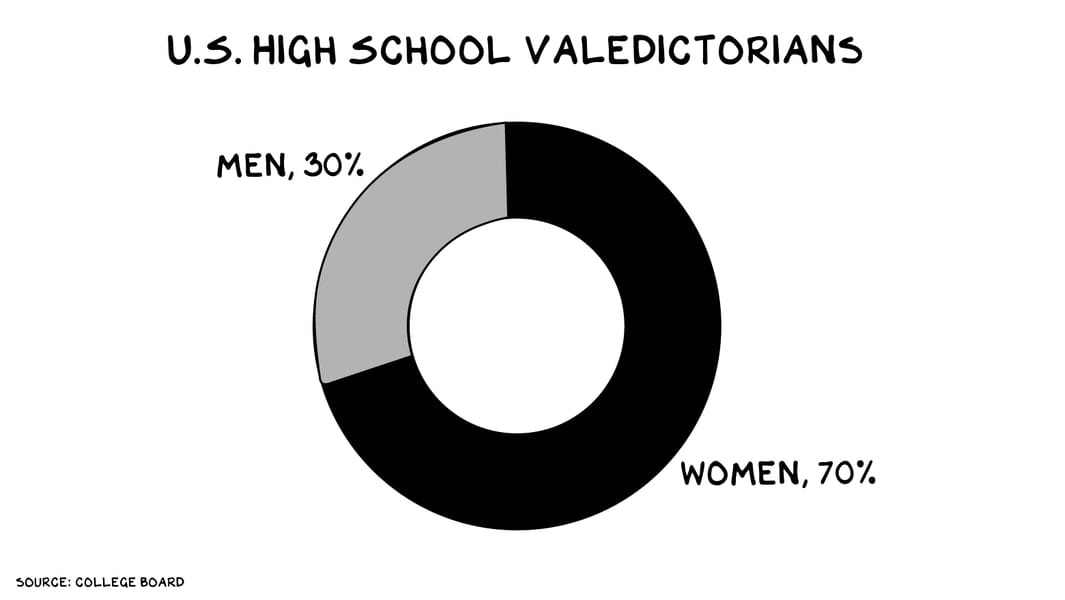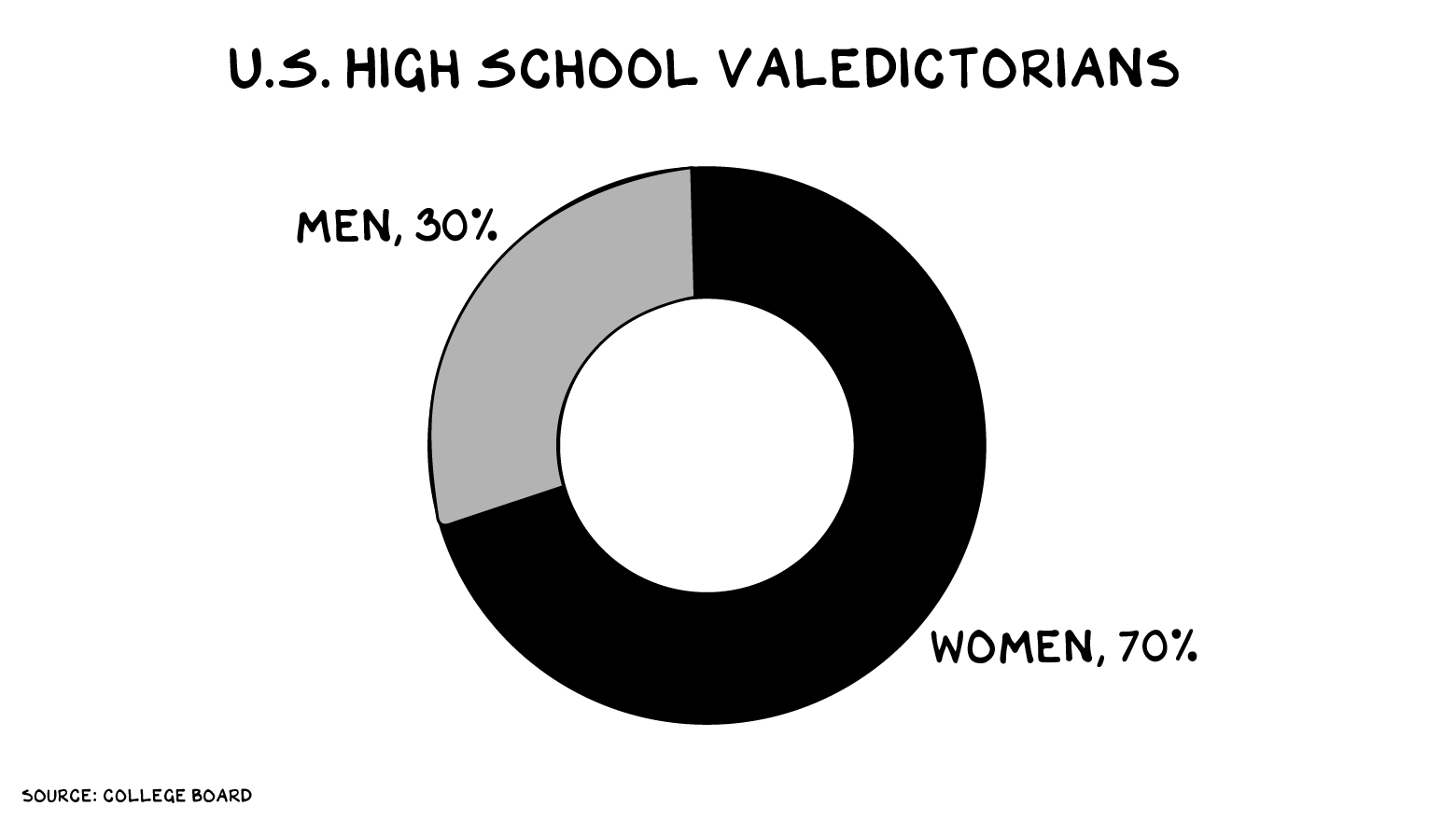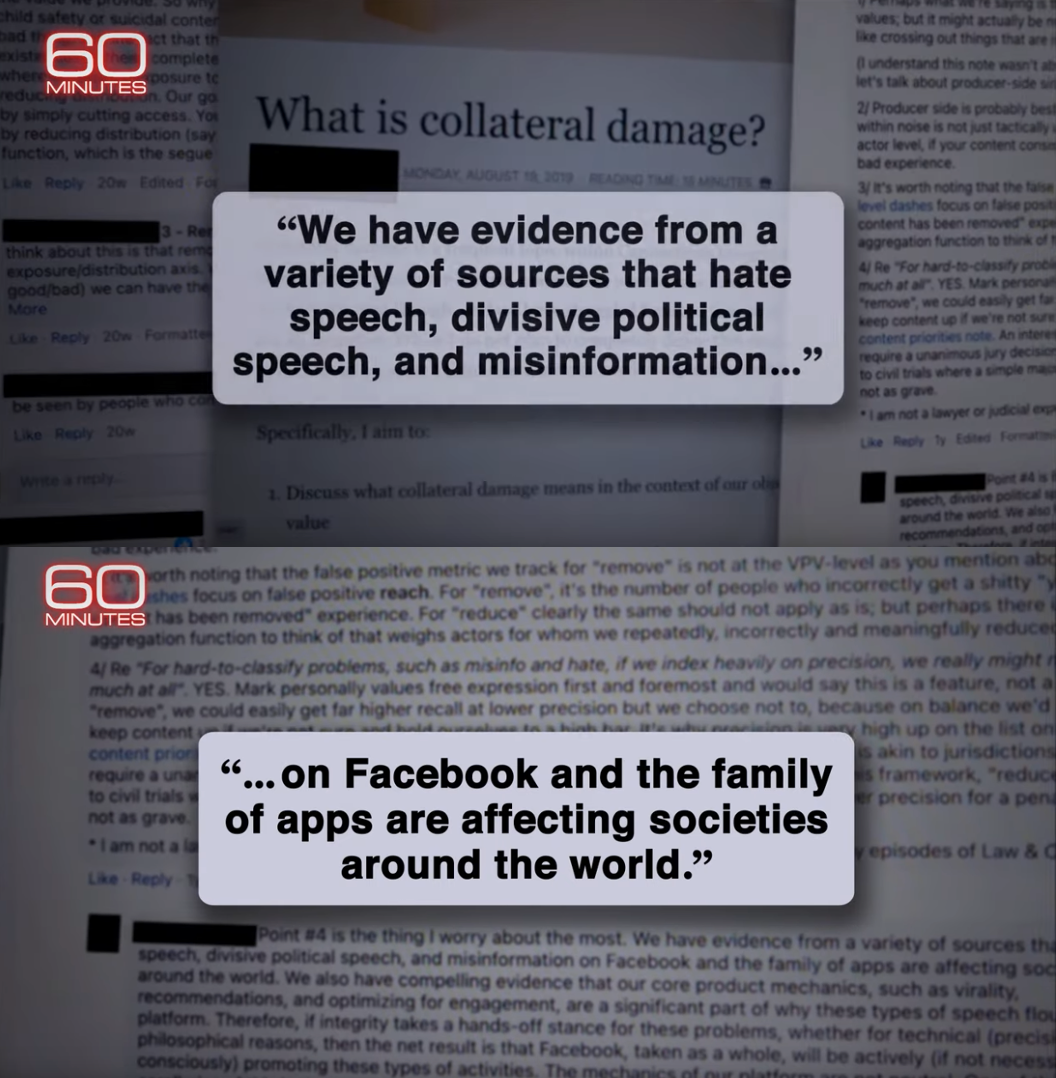Two Stimulating Articles
The developing problem of unmoored males, and Facebook as authoritarian state

Today, I’m providing pointers to two essays I think are important because they stimulate thought, are data-laden, and seem more instructive than most things.
1
The first comes from Scott Galloway, who has hit on a topic that others might shy away from — young men avoiding college, missing out on romantic relationships, and possibly setting the stage for a future of anger and disassociative behavior.
I remember watching some of the seeds of this being planted in the 1980s — quite rightly, women were urged to go to college, explore the scope of their abilities, and chase their dreams. At the same time, men were being presented with a much narrower scope of what it meant to be male — from Rambo to Reagan, maleness was being thrown back decades. Those of us who enjoyed language, arts, music, theater, travel, and dining were mocked as “sensitive” and were told we were in touch with our “feminine side.” The message was clear — real men didn’t do these things.
Those seeds are now in full bloom when it comes to university admissions, and now 70% of high school valdedictorians are female:

Definitely worth a read at Galloway’s blog, “No Mercy/No Malice.”
2
The second essay of note comes from the Atlantic, and frames Facebook as an authoritarian state. This initially struck me as rhetorical, but Adrienne LaFrance, the author and Executive Editor of the Atlantic, documents how often Mark Zuckerberg, Facebook’s CEO and majority shareholder, speaks of Facebook in nation-state terms, making it clear that he views Facebook as an overlay on world government — with Zuckerberg as the ultimate authority.
As LaFrance writes:
Perhaps Americans have become so cynical that they have given up on defending their freedom from surveillance, manipulation, and exploitation. But if Russia or China were taking the exact same actions to undermine democracy, Americans would surely feel differently. Seeing Facebook as a hostile foreign power could force people to acknowledge what they’re participating in, and what they’re giving up, when they log in. In the end it doesn’t really matter what Facebook is; it matters what Facebook is doing.
It’s a powerful blend of reporting and analysis. It feels a bit hyperbolic at times but less so as evidence accumulates as you read. If you factor in this weekend’s 60 Minutes interview with the Facebook whistleblower Frances Haugen, it appears perhaps not quite heated enough, with internal documents containing admissions like this:

One key section of the interview notes how European political parties felt compelled to become more negative and extreme because of how Facebook changed its algorithms. As journalist Scott Pelley summarizes it:
The European political parties were essentially saying to Facebook, “The way you’ve written your algorithm is changing the way we lead our countries.”
Faith in Facebook seems to faltering in the investment market, with reporters at The Information noting last week that Facebook stock is trading at its largest-ever discount relative to Alphabet. The SEC may soon have to deal with allegations that Facebook withheld or lied about material representations to its shareholders, a violation that could drive their stock down further and lead to an enforcement action in a political environment souring on Facebook’s shenanigans. Apple’s changes to app tracking has been a part of Facebook’s underperformance, as preventing tracking has proven popular and limits data gathering through iPhones.
Yesterday’s outage of Facebook, Instagram, and WhatsApp also reminds us of the fragility of the Internet (Facebook has gone down multiple times this year alone), the lack of a viable competitor to Facebook, the need for data portability, and the risks of concentrated power.
Again, worth a read.